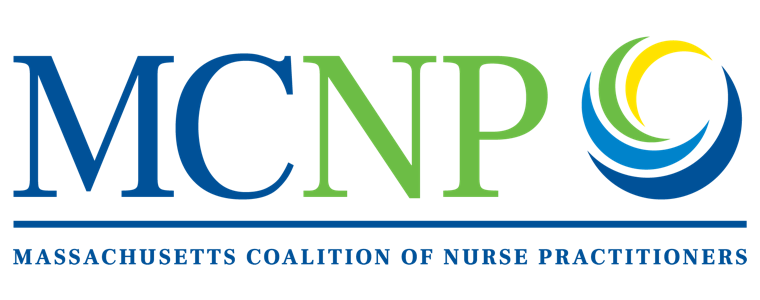Board of Registration in Nursing Updates Regulations for Advanced Practice Registered Nurses
Posted on 9/18/2014 in BORN, DPH & MassHealth Updates
What this means for NPs
The state laws that regulate the practice of nurse practitioners (NPs) have not changed since the 1990s, but the Board of Registration in Nursing (BORN) and the Board of Registration in Medicine (BORM) have come to an agreement to update the regulations that govern NPs in ways that reflect contemporary practice.
For more than 8 years, both Boards have struggled with how to update the regulations.
Massachusetts is just one of a handful of states that has a statutory mandate for both Boards to come to consensus in relation to the regulations for APRNs.The release of final updated regulations in August 2014, known as 244 CMR 4.00 is significant and directly affects every APRN.
This article pertains only to those provisions relative to NPs. The regulations are imbedded herein for your review, but MCNP wanted to draw your attention to some new language. The most significant change is that the old regulations required that each NP have a written set of practice guidelines with a supervising physician. The guidelines described the methods that nursing had to have with an individual physician to practice as an NP. They required the individual physician to be experienced in the nurse's area of practice. Guidelines needed to describe the circumstances for physician consultation and referral and use established procedures for the treatment of common medical conditions with provisions for managing emergencies included.
The significant change in the new regulations is that written guidelines for the entire scope of practice of the NP are no longer needed! The new regulatory framework continues to mandate that there must be written guidelines together with a supervising physician, but only in relation to the NP's Prescriptive Practice.
These new regulations very much recognize a more limited physician supervision role. In fact, the routine review of an NP's prescriptive practice itself has been extended from every three months retrospectively to "a defined mechanism and time frame to monitor prescribing practice" (244 CMR 4.07 (2) (b) 6). This more personalized approach recognizes the skills of NP and APRNs exercising their authority to prescribe, releases the burden of a review process that had no evidence of improving patient care or patient safety and allows a process that is an agreement between the APRN and the individual physician.The regulations still mandate a review within 96 hours every time an APRN issues a schedule II initial prescription for a patient. Your written guidelines must be re-executed every two years. It is important for you to be familiar with the new definition of guidelines, however. As written: "Guidelines mean written instructions and procedures describing the methods that an APRN with prescriptive practice is to follow when managing medications and that specifies those instances in which referral to or consultation with a physician is required for appropriate medication management. When appropriate, guidelines shall also address procedures for the ordering of tests and therapeutics.
This definition acknowledges that an NP, "when appropriate", may have procedures listed in their guidelines regarding the ordering of tests and therapeutics.
Another significant change is that the definition of "Collaboration" is gone. This is a testament in understanding that all nurses, RNs and LPNs licensed by the BORN have an obligation to work within the health system and with all other health disciplines. Removal of the word from the regulations should prevent the usage of this terminology to artificially tie the NP to a more restrictive model requiring permission from a supervising physician prior to practicing your profession.
These new regulations do not remove the BORM from joint regulatory authority over the practice of NPs with the BORN. Only a change in law by the Legislature can remove that oversight.
These regulations are a move in the right direction, but from MCNP's perspective and that of the Institute of Medicine and Federal Trade Commission, without a change to the state laws the BORN is unable to authorize all APRNs to practice to the full extent of their education and training.
MCNP believes that NP practice should be solely regulated by the BORN, oversight by physicians results in artificial barriers to NPs caring for their patients and years of outcome data confirm that NPs can safely and efficiently issue prescriptions.
For your practice setting, MCNP encourages you to check to see if these new regulations create an opportunity for improvements to your written guidelines.
CLICK HERE to download a copy of the new APRN regulations referred to as 244 CMR 4.00 from the BORN's website.
Craven & Ober Policy Strategists, LLC is a full service Massachusetts-based government relations firm dedicated to credible, assertive advocacy and to the dissemination of reliable public policy information.
